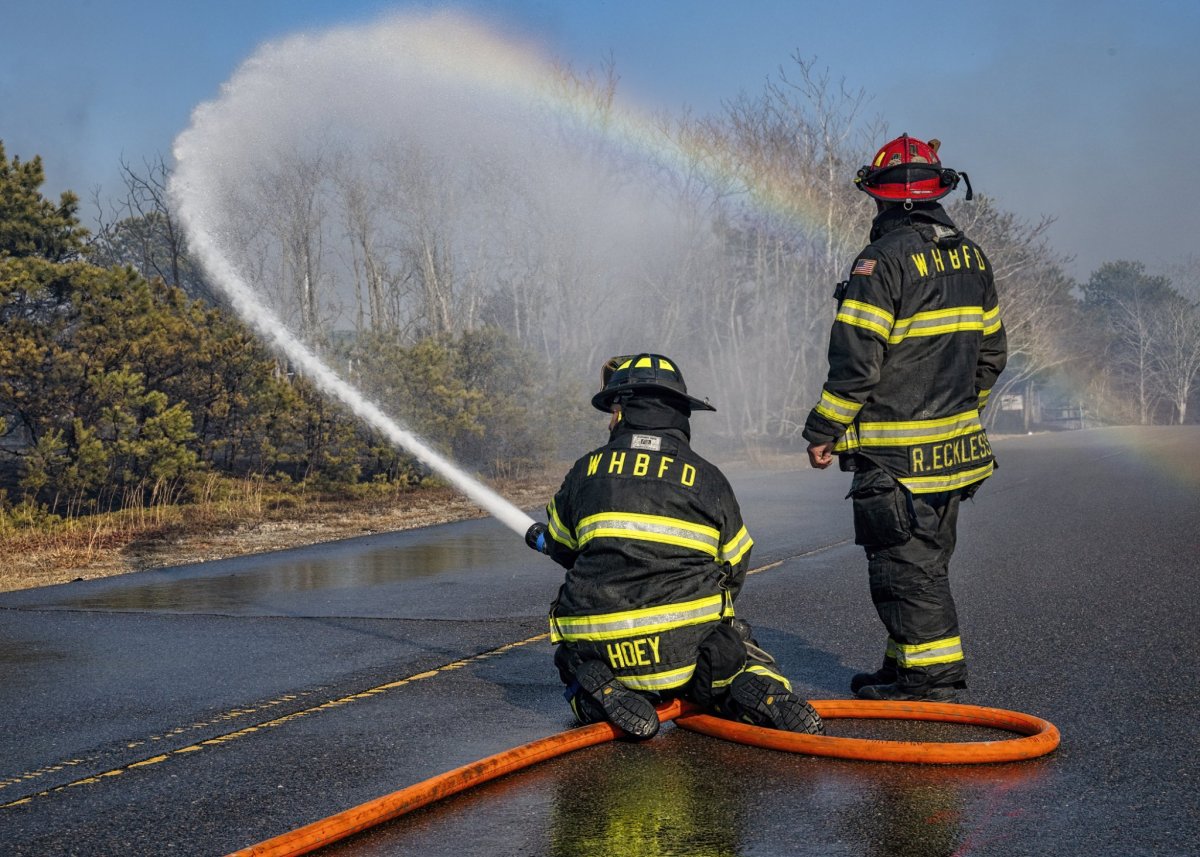Let’s clear the air right now: Rescue dogs are amazing.
Take one home and it will love you until death do you part. There’s a dangerous misconception that dogs from shelters and rescues also come with a slew of behavioral issues, but animal behavior experts tell a very different story.
“There is no logical reason to believe that a dog that comes from a shelter has any more behavioral issues than a dog purchased from a breeder,” says Stephen DeBono, pet behavior manager at Bideawee pet welfare organization. “A dog’s behavior depends on a wide range of factors, including genetics, upbringing, and environment. Without proper socialization, mental and physical stimulation, and training, even the purest-bred dog will demonstrate behavioral issues.”
In fact, purebreds are often the product of overbreeding, which leads to questionable genetics that can contribute to mental and physical hurdles — a nonissue for your standard mutt.
Too often dogs are surrendered or returned to shelters for simple behavioral issues that can be corrected. A wonderful benefit of adopting a shelter dog is that most shelters are equipped with behavior experts to help you choose the pet that is the best match for you and your family based on lifestyle, schedules and many other pertinent issues.
“When former owners do not take the time to properly train and socialize their animals, puppies quickly grow up to be fearful or have behavioral challenges,” says Diane Johnson, vice president of shelter operations at North Shore Animal League America, who has 36 years of experience helping dogs and cats thrive. “Lack of socialization is the most common behavioral issue since dogs that are afraid to be around people and other animals are often overlooked. One of the easiest ways to socialize a puppy is to expose them to a lot of different stimuli such as different sounds, sites, textures underfoot, meeting other pups (if vaccinated appropriately), and all types of people, so they get used to strangers.”
Shelter staff is also there to help you choose your perfect match. DeBono advises “choosing a dog that is best suited for your environment. Behavior issues are often situational so you must be able to properly accommodate the dog you choose. Research the type of breed you’re interested in. Understanding their characteristics, attitudes, general health issues and needs will lead to a successful adoption and a long-lasting relationship”.
Remember that adopting a rescue dog saves lives. Adopt, don’t shop: You’ll be glad you did!





























